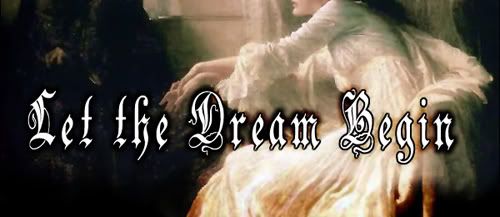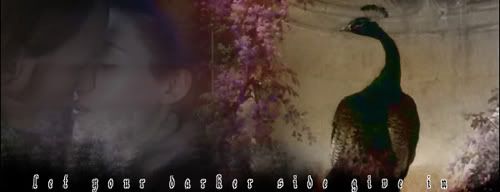|
|
Post by Victoria on Oct 16, 2009 5:40:00 GMT
 It is 1874, four years since the great tragedy that had rocked Paris society: the violent destruction of the Opera Populaire, and many of its patrons and employees. After the fact, rumours abounded about the cause, some blaming a scorned ballet chit, some suspecting an arsonist with a vendetta against the upper classes. The story of the Opera Ghost--con, madman, and genius--has not been readily accepted by all. Eventually, for those who had not lost loved ones in the chandelier crash and ensuing chaos, the immense disaster faded into oblivion, and Paris was in need of music once more.
Two young entrepreneurs, the Leroux brothers, took a dare and purchased the ruins of the formerly glorious Opera House. The spirit of the Populaire, smouldering like forgotten embers for the course of a year, burst once more into brightness and life as people poured back into its gilded halls. First it was an endless stream of artisans and workingmen, and then prospective employees set to interview for a chance to shape the new performers. Finally, with a crew of instructors and directors to guide them, the performers began to arrive. There were auditions, political vying, and bribes. Many of the former residents returned, aiming to make their way in the only way they knew how despite the memories that plagued them of that deadly night of fire a year past. Among those returning was Christine Daaé, now the Viscountess de Chagny, who with her rank and extraordinary voice was granted the position of leading lady and quickly became the darling of Paris society. With these well-known faces came another, deformed visage. Erik, the Phantom of the Opera, with a bruised heart and personal vendetta, returned with the hope of training a new ingénue to outshine Christine in order to punish her for breaking his heart as she did.
The lights have been re-lit. The patrons, wrapped in their world of elegance and intrigue, play the strings of the performers like those of a finely tuned instrument. Money flows, tongues wag, and Victorian Paris thrives once more on its own particular Music of the Night.  |
|



